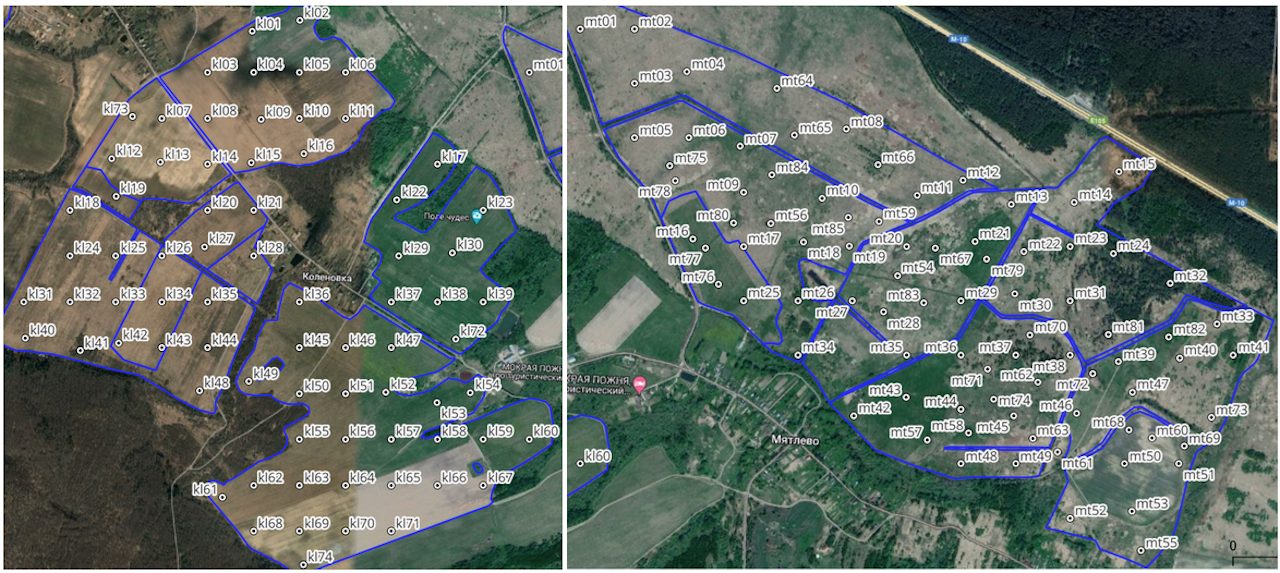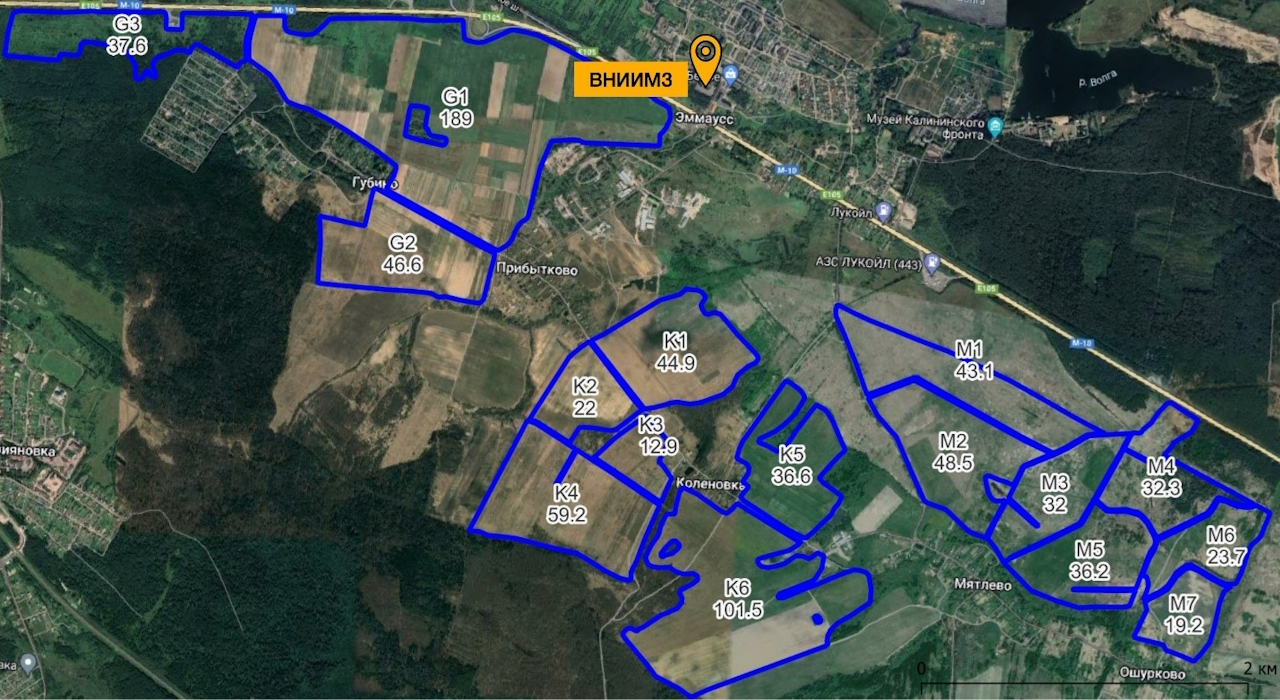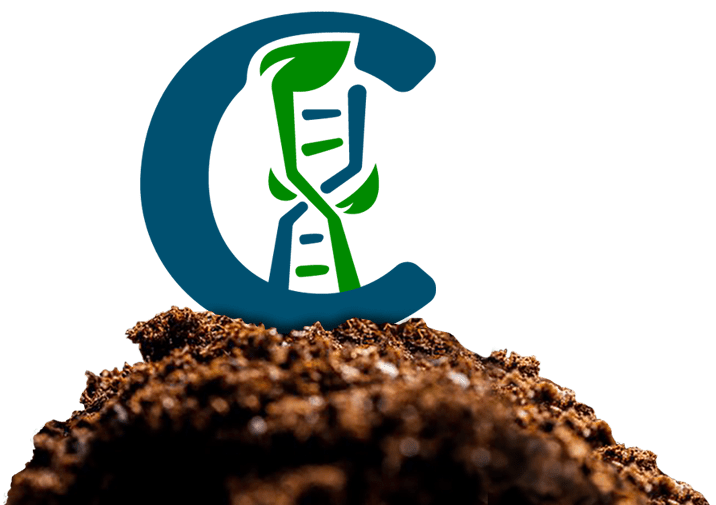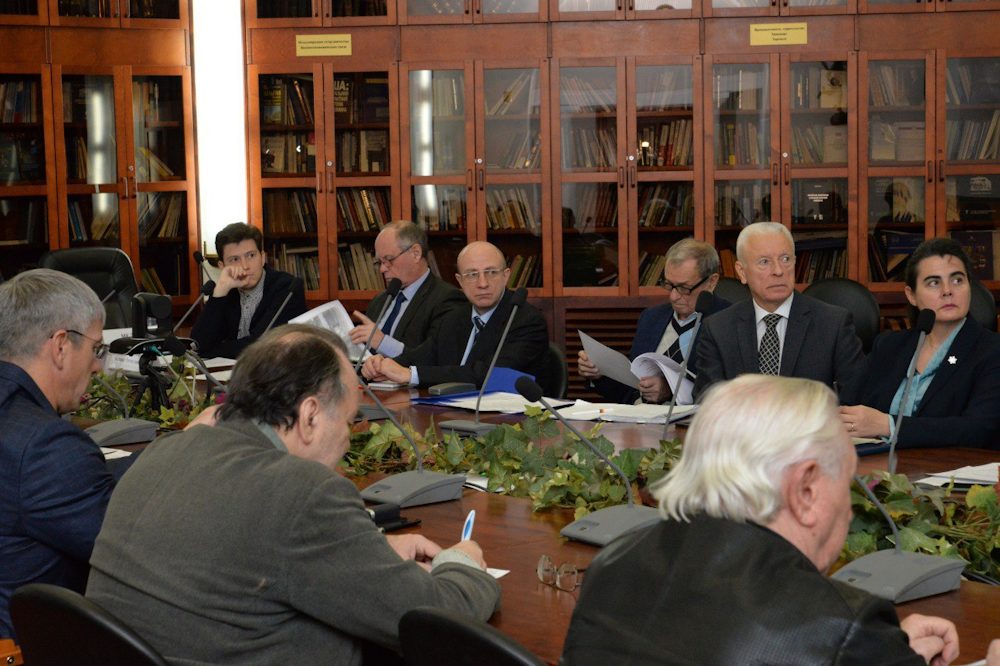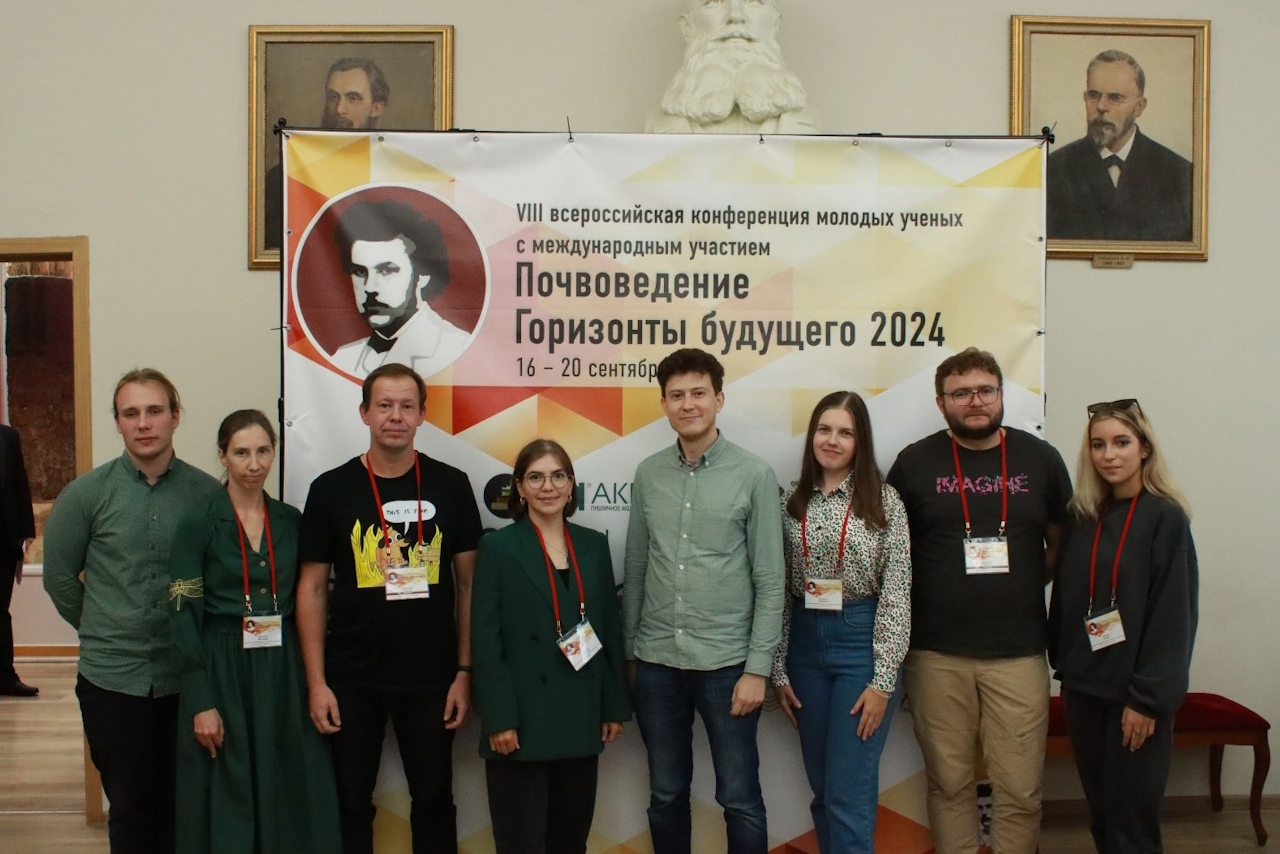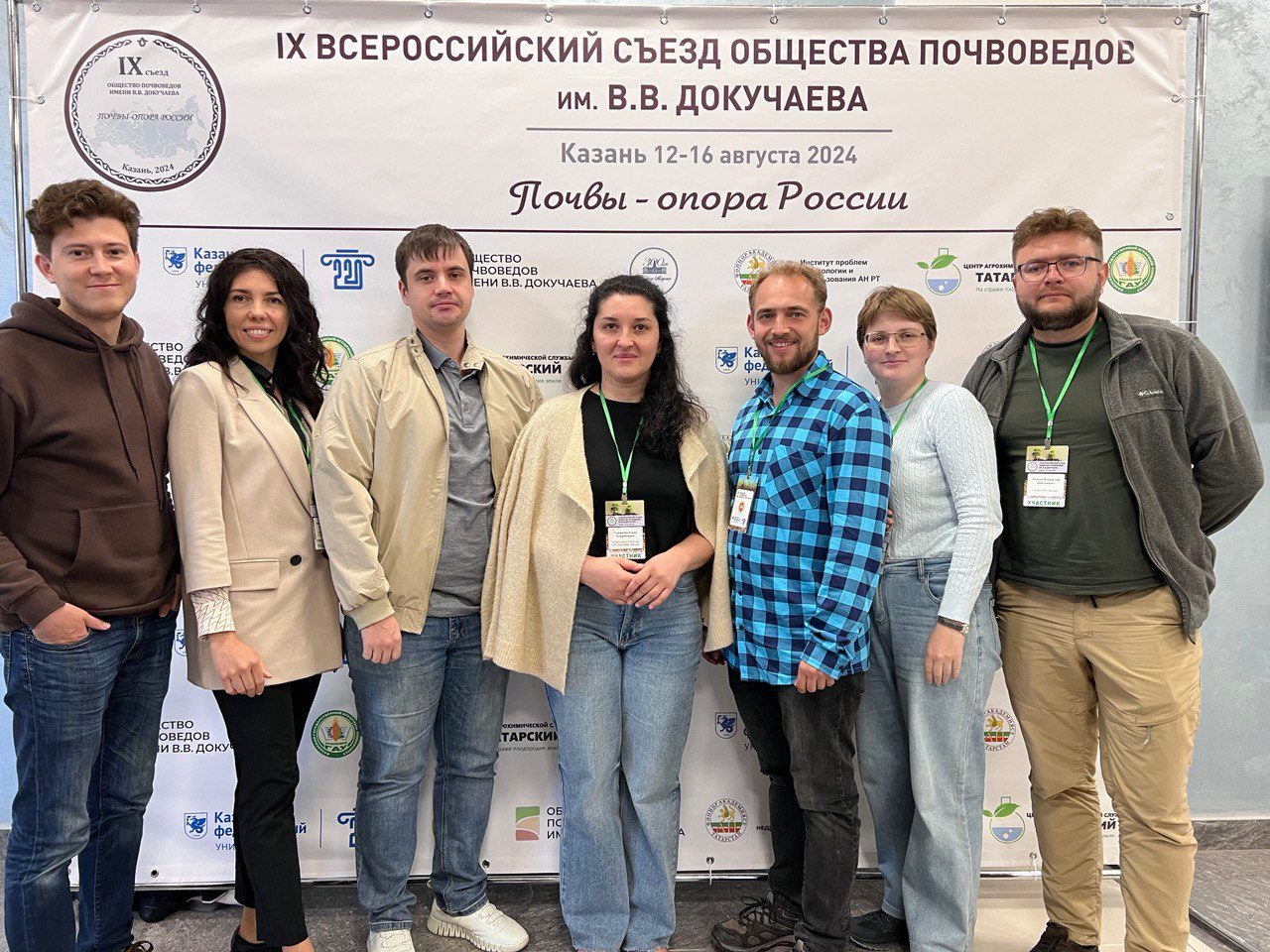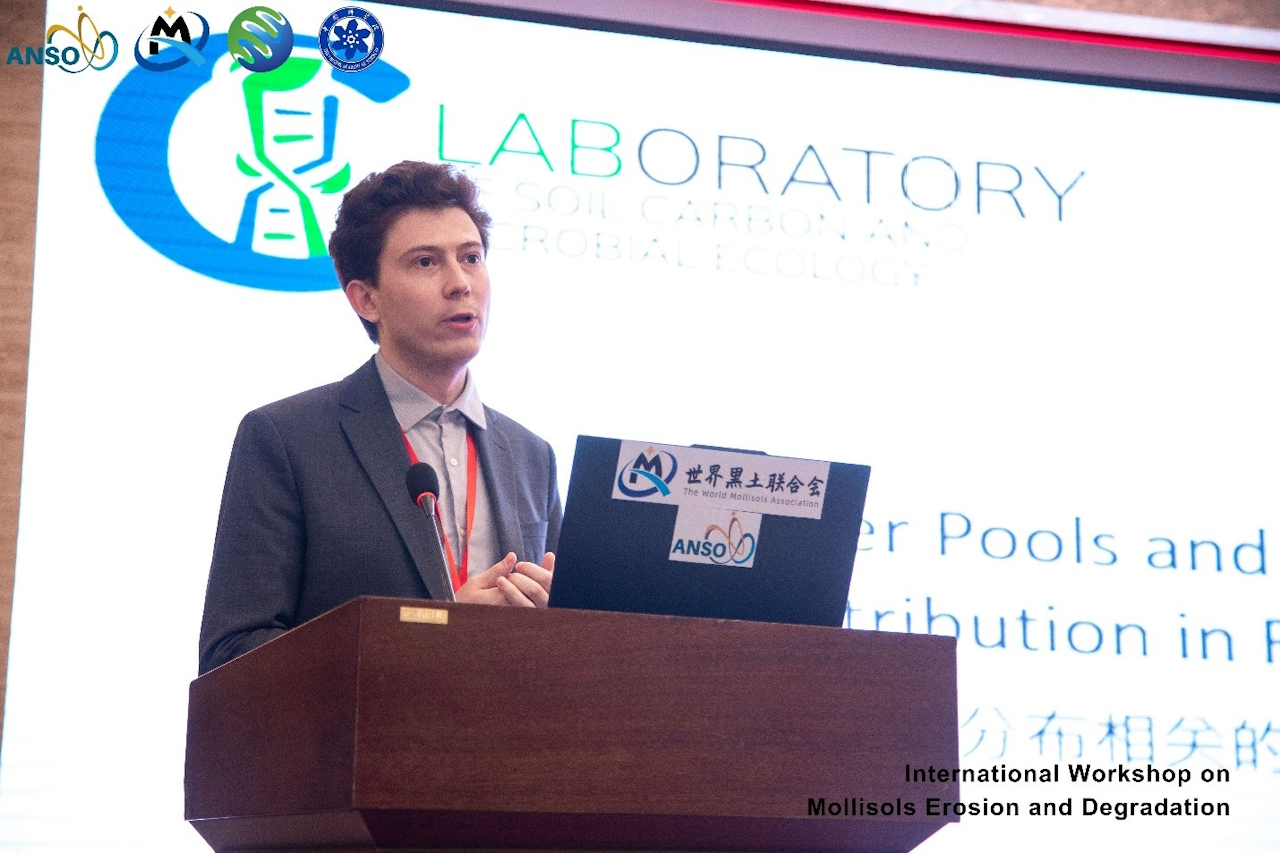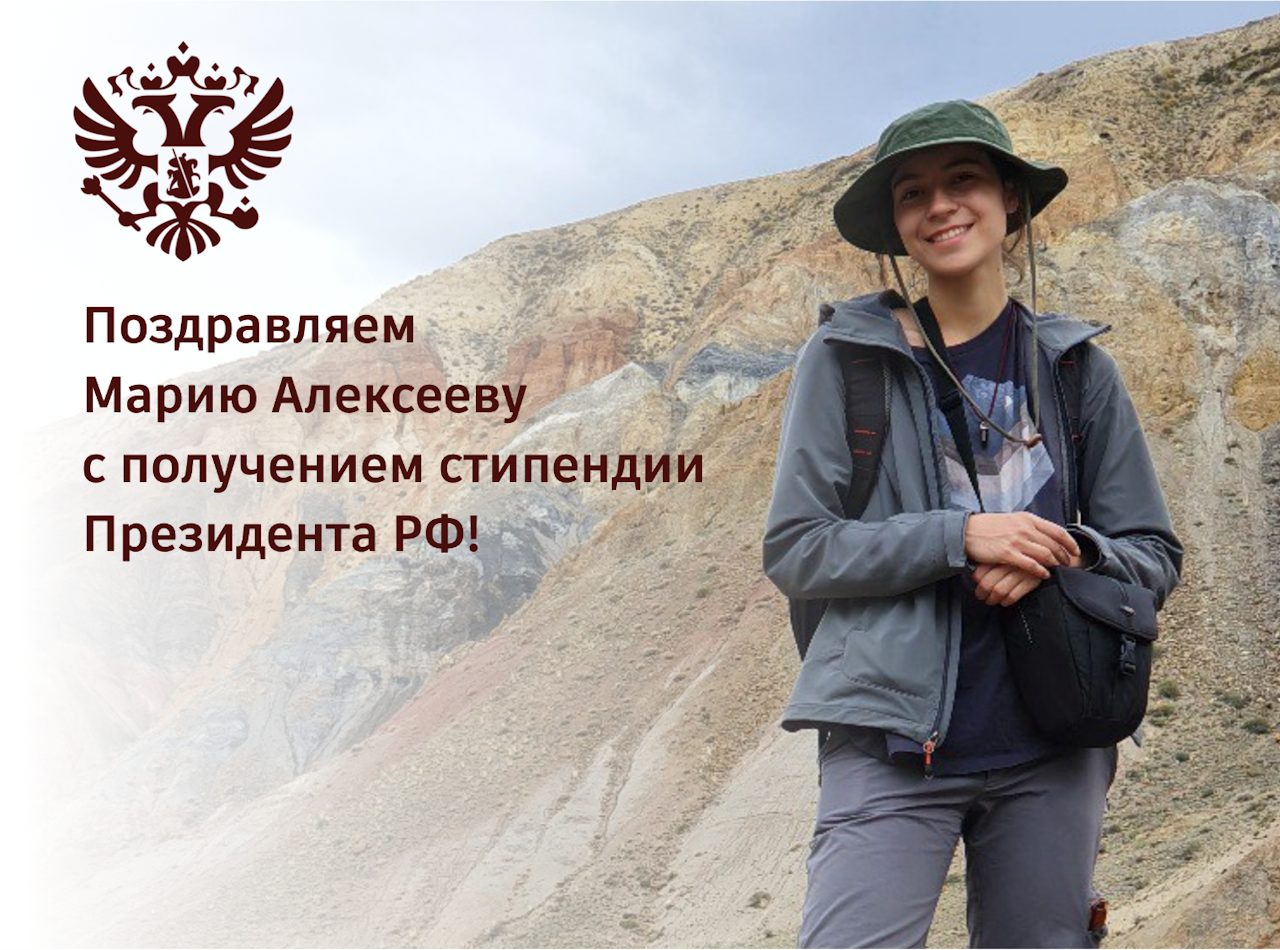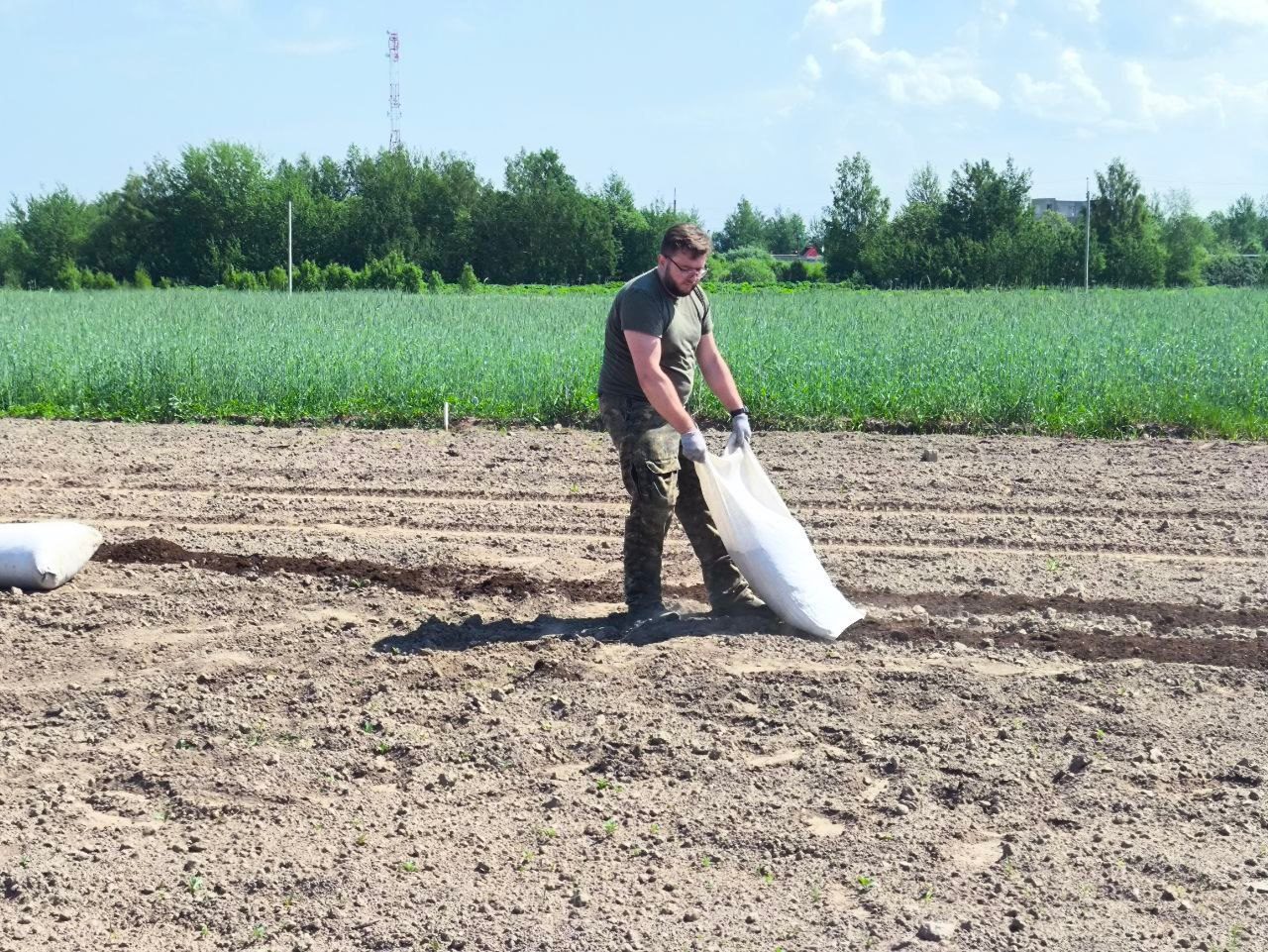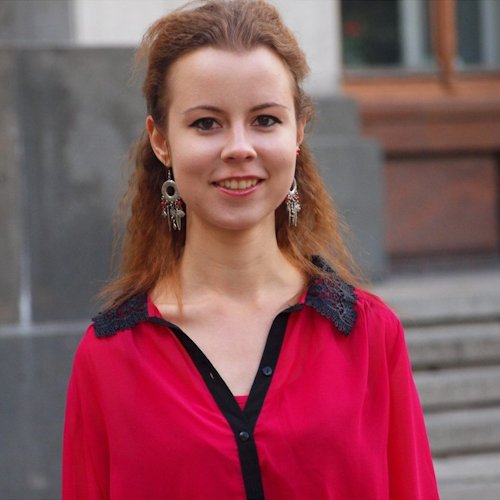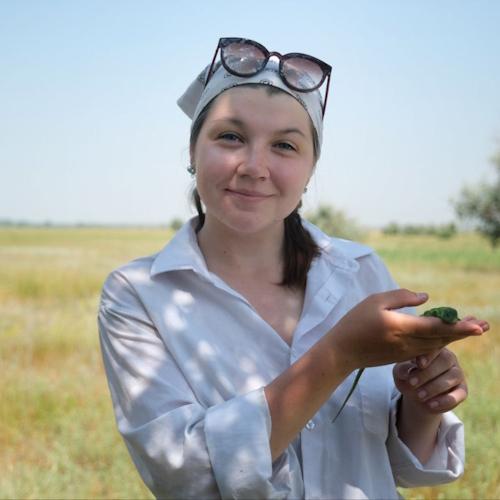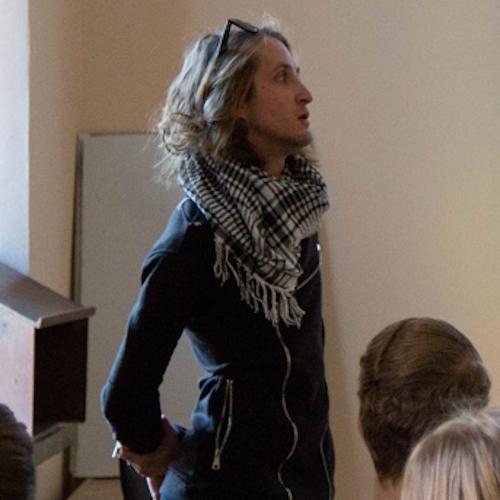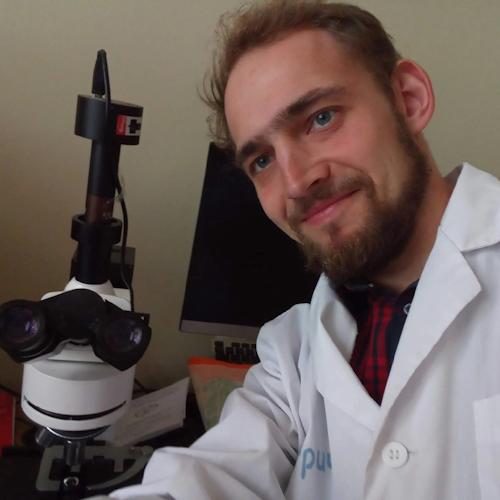From May 28 to May 30, 2024, staff from the Laboratory of Soil Carbon and Microbial Ecology conducted a field trip to the Kolenovka and Myatlevo sites at the new VNIIMZ fields in the Kalininsky District of the Tver Region. The objective of the trip was to evaluate the overall biological activity of the soil using the tea bag method. The team used rooibos tea and Berton green tea, planting them at 159 key points—74 at the Kolenovka site and 85 at the Myatlevo site—across a total field area exceeding 140 hectares. The tea bags were planted following international standards, with multiple repetitions, and aligned with sampling points designated for agrochemical and physicochemical analysis. In three months, the tea bags will be unearthed, dried, and weighed to assess the decomposition rate at specific locations.
This expedition will provide insights into the overall biological activity of soils in these previously unexplored VNIIMZ fields. Understanding biological activity is essential for predicting the fertility and yield potential of the primary agricultural crops cultivated in these areas. This research holds particular significance because historical land-use records and fertilizer application data for the Kolenovka and Myatlevo sites are unavailable. The data on soil biological activity will help address these knowledge gaps through indirect evidence.
The diagram below illustrates the distribution of key points across the Kolenovka and Myatlevo sites:
